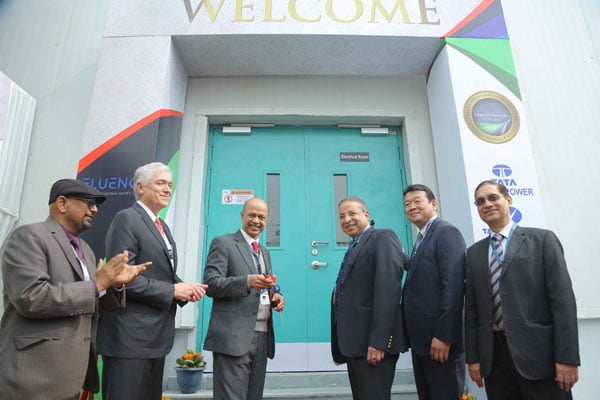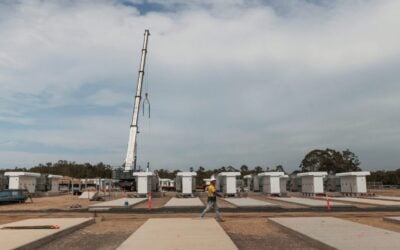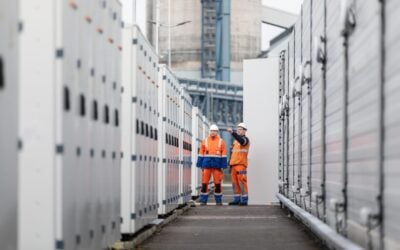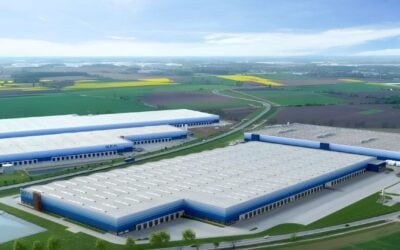
The government of India has announced measures to promote new “Champion Sectors” of economic growth, including support incentives for advanced battery cell and solar PV manufacturing.
Finance Minister Nirmala Sitharaman announced a series of measures on 16 May, including structural reforms, aimed at boosting a number of sectors for growth. Those measures included “policy simplification” in various sectors that could increase transparency and fast track investments.
While environmental groups are unlikely to be pleased that the eight sectors discussed by minister Sitharaman included coal mining and aviation, a government press release said that “incentive schemes for promotion of new champion sectors will be launched in sectors such as solar PV manufacturing, advanced battery cell storage etc”.
Trade association, the India Energy Storage Alliance (IESA), welcomed the move as well as noting that the government is currently separately also evaluating a 50GWh advanced cell chemistry (ACC) manufacturing proposal from its innovation department NITI Aayog, which would see a number of gigafactories of 5GWh to 20GWh capacity built in the country. NITI Aayog also wants to see assistance given to the upstream industry including materials suppliers in the form of a customs duty matrix and relaxation on import duties.
Try Premium for just $1
- Full premium access for the first month at only $1
- Converts to an annual rate after 30 days unless cancelled
- Cancel anytime during the trial period
Premium Benefits
- Expert industry analysis and interviews
- Digital access to PV Tech Power journal
- Exclusive event discounts
Or get the full Premium subscription right away
Or continue reading this article for free
IESA said NITI Aayog Public-private partnership consultant, Aman Hans, who is secretary of the ACC Battery Storage Programme, had explained that the government’s plans to incentivise battery production under the ‘Self-Reliant India’ policies focused on those ACC batteries and the desire to reduce have reliance on imports of cells.
“With the announcement of the inclusion of advanced cell battery storage in the ‘Champion Sector’ and anticipated cabinet approval of the Gigafactory mission, we look forward to India becoming a global hub for R&D, manufacturing and adoption of advanced energy storage and EV technologies by 2022,” India Energy Storage Alliance president Dr Rahul Walawalkar said.





